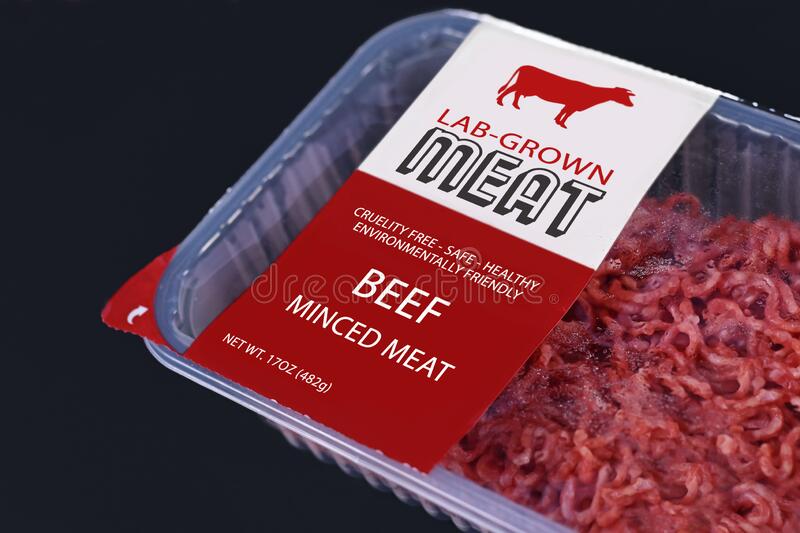Plant-based and vegan diets have seen significant growth in recent years. People around the world are waking up to the inherent cruelty of animal agriculture. Additionally, they are realizing the harm that eating animal products does to the planet.

Animal agriculture is responsible for around 14.5 percent of the world’s greenhouse gas emissions. A disproportionate amount of these emissions are methane gas. Methane has a warming effect around 30 times greater than that of carbon dioxide.
This growing awareness has led to new innovations in the plant-based food industry. Fungi, nuts, soy, and tapioca are just a few of the plant-derived foods being used to mimic meat and dairy products. Plant-based food producers are so innovative, they have even found a way to turn coffee grounds into caviar.
Lab-grown meat is also yielding promising results. Instead of raising animals for slaughter, all that is needed to produce this form of meat are a few special cells from an animal. This innovation greatly reduces animal suffering. However, scientists are not yet sure whether it is better for the environment. Nevertheless, it is an amazing advancement for our food system. The rise of plant-based and vegan diets promises to better enable the world’s growing population in a sustainable way. Innovative alternatives are key to doing so.

** Click here to read the full-text **







